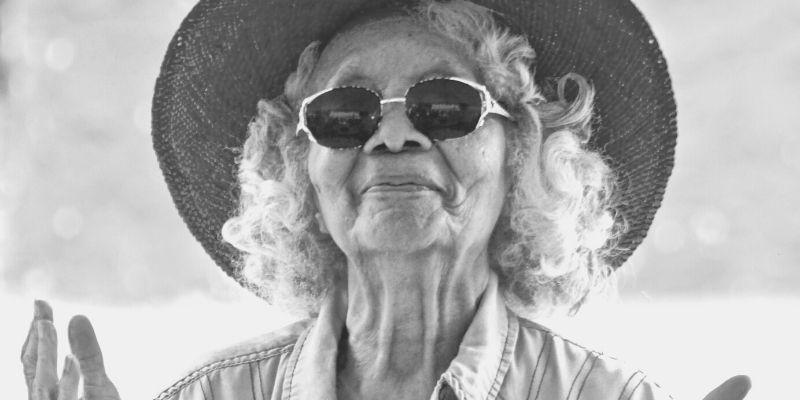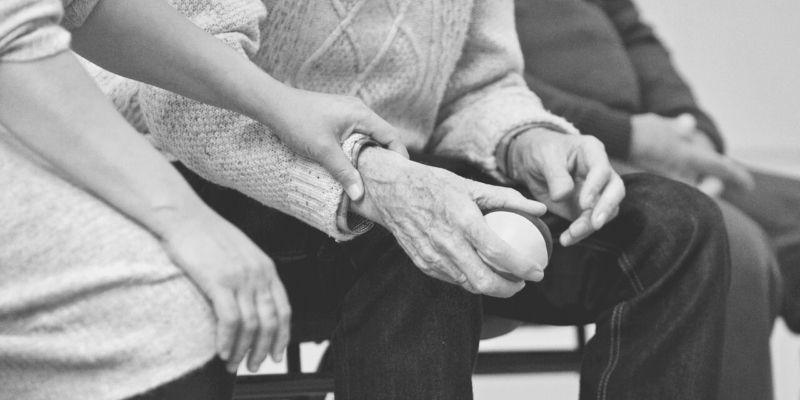It’s worrisome when our loved ones with dementia suddenly exhibit changes in behavior. That’s why we’ve compiled a list of some of the most common ailments and conditions that occur with dementia, what behavior changes could come with them, as well as some caregiving tips on how to handle them.








